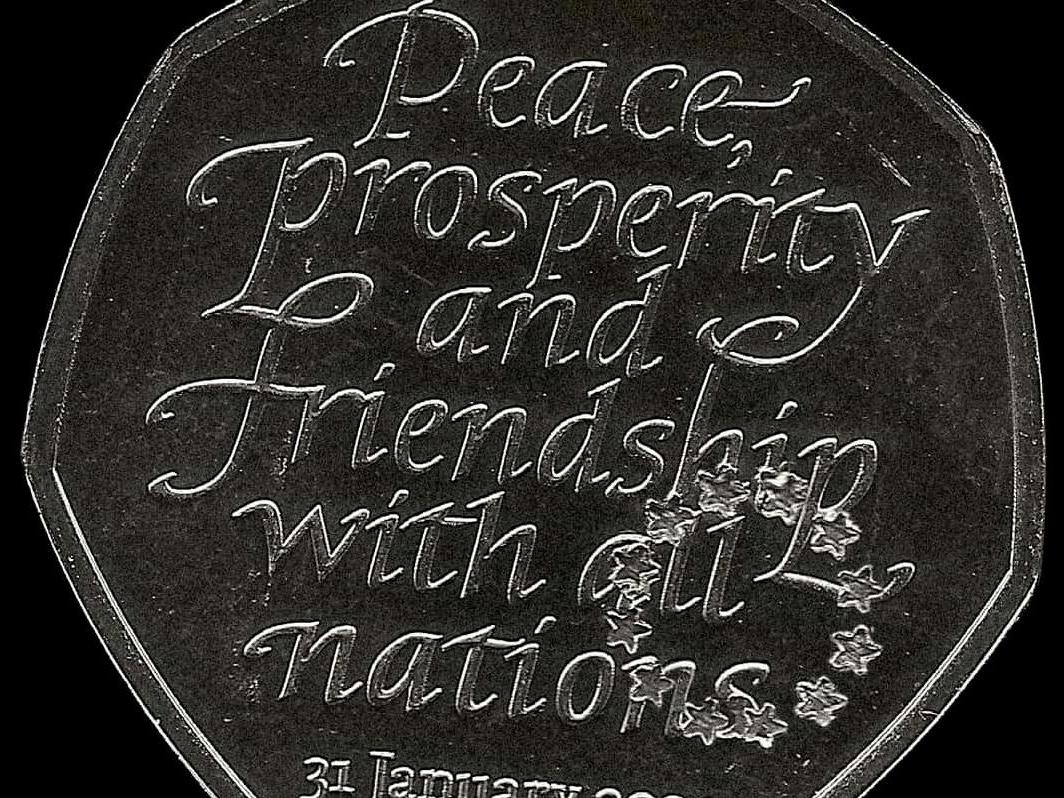Boris Johnson fails to convince voters he can avoid no-deal Brexit, poll suggests
Only four voters in 10 think prime minister will secure trade agreement with EU by December deadline
Boris Johnson has failed to convince large swathes of voters that he can avoid a no-deal Brexit at the end of the year, a new poll has suggested.
Despite the prime minister’s claim that no-deal is no longer possible, just 40 per cent of those questioned thought he would strike a free trade deal with the EU by his self-imposed deadline of 31 December, while 42 per cent thought he would not.
And a week after the UK left the European Union, voters believe on balance that Brexit will harm the national economy, their own finances, Britain’s international standing and the strength of the Union over the coming years, the survey found.
But the BMG poll for The Independent suggested that, after almost four years of dominating the political agenda, Brexit is fading away as a concern in voters’ minds.
The proportion of voters believing relations with the EU are the most important political issue has fallen from 45 per cent in December and 24 per cent in January to 16 per cent now.
Brexit fell behind health (24 per cent) as the most important issue for the first time in months, but remained ahead of the environment on 14 per cent.
The survey found some indications that voters are becoming reconciled to Brexit, with 52 per cent saying they want to stay out of the EU against 48 per cent who would prefer to be inside.
The 52-48 split is the same as the outcome of the 2016 referendum and the first majority for Leave in the regular BMG poll since February 2017.
Meanwhile, Mr Johnson’s Conservatives maintained their comfortable lead in the polls, with 41 per cent support against 29 per cent for Labour and Liberal Democrats on 11 per cent. Tories were down three points since January, but the only beneficiaries in the poll were Greens - up three points on 8 - while the main opposition parties were unchanged.
The prime minister’s personal ratings were improved, with 53 per cent satisfied and 47 per cent dissatisfied with his performance - an overall score of plus-6 compared to minus-2 in January.
Jeremy Corbyn’s rock-bottom ratings recovered marginally, with 77 per cent dissatisfied and 23 per cent satisfied, for an overall figure of minus-54 compared to minus-58 in January.
Some 42 per cent of those questioned said that they expected the UK economy to deteriorate over the next three years after Brexit, compared to 30 per cent who thought it would improve.
Over the same period, voters expected a deterioration in their own financial positions (by 31 per cent to 14 per cent), the UK’s influence in the world (by 36-30), Europe’s influence in the world (32-11) and regional inequalities in the UK (33-15).

A massive 50 per cent thought Brexit would weaken the Union of England, Scotland, Wales and Northern Ireland over the next three years, compared to just 17 per cent who thought it would be strengthened.
Over the longer term, more voters expected the economy and the UK’s global standing to recover than to continue to decline, but more felt that the damage to the Union and regional inequality would persist over the next 10-20 years.
Despite these findings, some 40 per cent said they felt optimistic about the future following Brexit day on 31 January, against 31 per cent who were pessimistic.
And there was support for Mr Johnson’s decision to pursue a “hard Brexit” settlement rather than trying to maintain close ties with the EU’s single market and customs union.
Some 43 per cent said the PM should seek a deal which would “secure the maximum freedom for the UK to decide its own rules and regulations, even if this means looser ties with Europe and more barriers or costs to trade and travel within Europe”.
By contrast, 40 per cent said any deal should “maintain closer links and the fewest barriers to trade and travel, even if it means accepting European rules and regulations”.
Closer links with the EU were favoured by under-45s, while older voters backed greater freedom for the UK to set its own rules.
Only 29 per cent of those questioned thought the UK would rejoin the EU within the next 50 years, while 41 per cent believed it would not.
But again there was a stark generational divide, with 37 per cent of 18-24 year-olds and 41 per cent of 25-34s expecting a return to the bloc, compared to just 22 per cent of 55-64 year-olds and 17 per cent of over 65s.
Among those who expected a return to the EU, 38 per cent expected it by the end of the 2020s and 33 per cent by the end of the 2030s.
- BMG questioned 1,503 British adults between 4 and 7 February.
Join our commenting forum
Join thought-provoking conversations, follow other Independent readers and see their replies
Comments
Bookmark popover
Removed from bookmarks